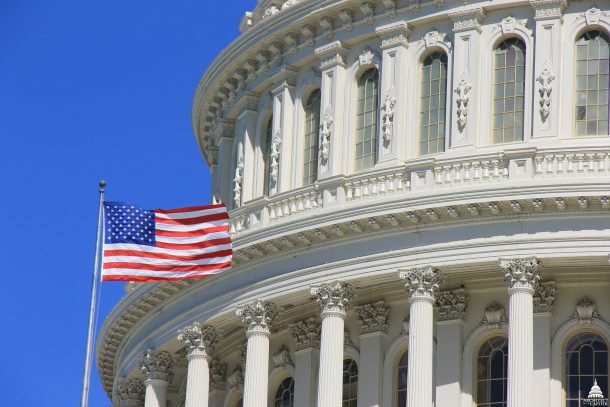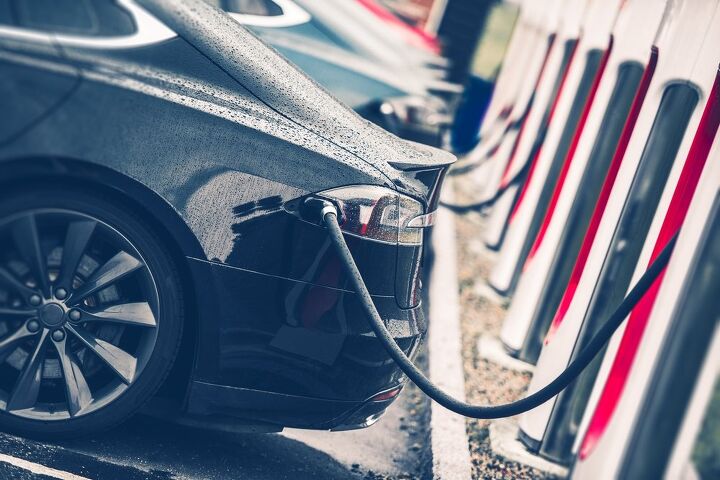#Lawmaking
New Bill Aims to Boost America's EV Adoption
Representative Debbie Dingell (D-MI) introduced new legislation on Wednesday in a bid to improve the uptake of electric vehicles in the United States. The bill, known as the USA Electrify Forward Act, would appropriate $2 billion annually for the U.S. Department of Energy’s Advanced Technology Vehicles Manufacturing Incentive Program between 2021 and 2035.
Dingell cited a May 2019 AAA survey that reported just 16 percent of Americans as saying they would consider an electric vehicle for their next automotive purchase, claiming something needs to be done address EV pricing, repair costs, and range. The primary focus of the bill is to help in the development and manufacturing of advanced battery technologies and anything else that might help get more Americans into EVs.
Congress Says Nay to Expanding EV Tax Credits
Prior to Congress taking the rest of the month off to relax and presumably gear up for an impeachment trial, they first had to settle their year-end tax package. Automakers were hoping that would include an extension of electric vehicle tax credits, but it was a doomed proposition.
An extension was initially included in the bipartisan Driving America Forward Act, which manifested this spring, before being incorporated into the Democrat-friendly GREEN Act (Growing Renewable Energy and Efficiency Now). That got it through the House but not the Republican-controlled Senate, which wasn’t interested.
While the current $7,500 EV tax credit remains in place, Tesla and General Motors have both reached their 200,000-vehicle quota. Naturally, they (and other automakers) lobbied for an expansion, one which would have seen a $7,000 credit kept in place until a manufacturer sold 600,000 electric automobiles. Several Republican lawmakers openly shared their distaste for the plan, though few more openly than Senator John Barrasso of Wyoming, who had an opposing bill — called the Fairness for Every Driver Act — interested in reducing subsidies on the grounds that EV credits have already done enough.

















Recent Comments